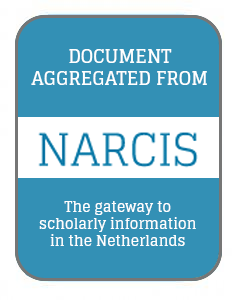Resource information
The study identifies measures that have created property rights in the Danish, Dutch and UK fishery sector. Property in this respect is not considered as an asset in the stock of fish but as a stream of benefits, resulting from the right to fish. The limited access to the fishery by the vessel licence and by the recognition as a commercial fisherman have created two forms of property rights in the Danish fishery. In the Netherlands, the national TACs for the individual species have been transformed into transferable individual quota (ITQs). In the UK, gradually more and more fleet segments and species were brought under restrictive licencing schemes. The approach varies by species and sector with the licences giving access to the fisheries reflecting this. The study assesses the consequences of property rights on individual enterprises and on the fishing industry as a whole. These consequences have been most important for the Dutch and UK fishing enterprises. Transfers of rights have led to high prices of ITQs, Track Records and licences. Valuable rights may hamper the transfer of the enterprise to the next generation or to other family-members in these two countries. Some concentration of rights i.e. ITQs has occurred in the Netherlands, though not as intensively as in the New Zealand and Iceland ITQ regimes. Finally, the study evaluates the effectiveness of property rights for fisheries management policy, within the framework of the Common Fisheries Policy (CFP). The study also compares the property rights systems in Denmark, the Netherlands and the UK on a scale, running from 'state property' towards 'private property' of the resource flow. Although there are big differences, all th


